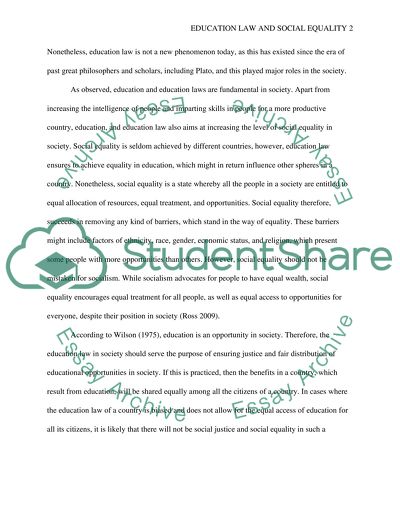Cite this document
(“Contribution of Education Law to Social Equality Essay”, n.d.)
Retrieved from https://studentshare.org/law/1477857-contribution-of-education-law-to-social-equality
Retrieved from https://studentshare.org/law/1477857-contribution-of-education-law-to-social-equality
(Contribution of Education Law to Social Equality Essay)
https://studentshare.org/law/1477857-contribution-of-education-law-to-social-equality.
https://studentshare.org/law/1477857-contribution-of-education-law-to-social-equality.
“Contribution of Education Law to Social Equality Essay”, n.d. https://studentshare.org/law/1477857-contribution-of-education-law-to-social-equality.


